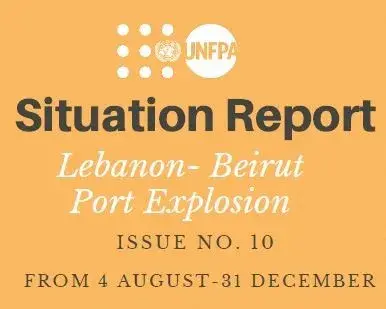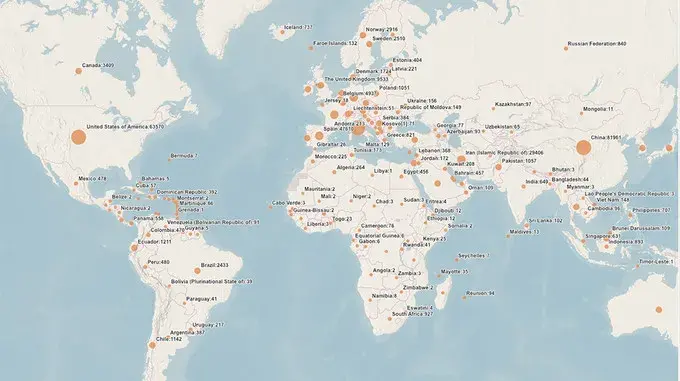Experts say the massive explosion that shook Beirut’s Port on 4 August 2020, devastating large parts of Beirut, was one of the biggest non-nuclear explosions in history. As a result, more than 300,000 people were displaced, including 81,000 women of reproductive age (15 - 49 years), 3,938 of whom were pregnant. These women required support to meet their health, protection and menstrual hygiene needs, along with their overall sanitation. UNFPA, as a direct response to the emergency, immediately initiated the distribution of dignity kits through its existing implementing partners.
Throughout the emergency operation to the Beirut Port Explosion, UNFPA collaborated with 23 partners from diverse regions , who were entrusted with scaling up their efforts and switching many of their activities to respond to the emergency operation with the aim to reach those mostly affected through provision of sexual and reproductive health (SRH) services as well as prevention and response to gender based violence (GBV) in the affected areas. In addition, eight mobile medical units were deployed to safeguard the need for first aid support and continuity of health care services for vulnerable people in the affected areas.





